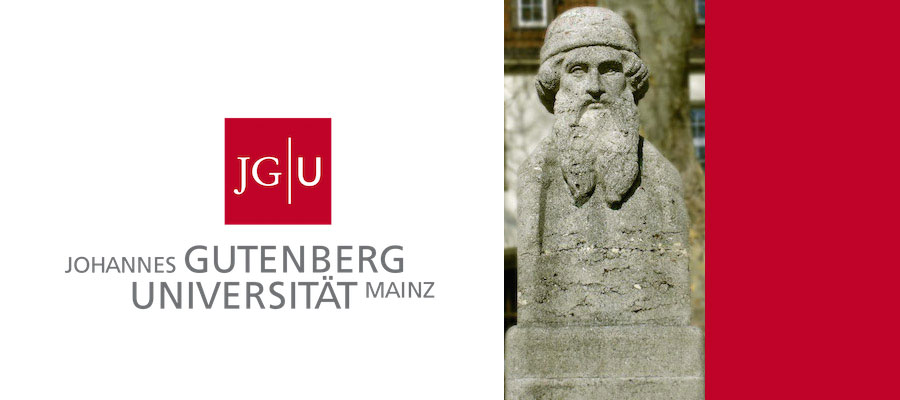Within the Research Training Group 2304 “Byzantium and the Euro-Mediterranean Cultures of War. Exchange, Differentiation and Reception”, which is financed by the DFG (German Research Foundation), there are at the Johannes Gutenberg University of Mainz 6 positions for doctoral research associates to be filled by 1st October 2024 for a contract period of three years.
Participating in this Research Training Group are the disciplines of Ancient History, Antique Church History/Theology, Byzantine Studies, Medieval History, Eastern European History, Early Modern Church History, Classical Archaeology, Christian Archaeology and Byzantine Art History, Early and Prehistorical Archaeology (with a focus on Medieval Archaeology) and Musicology.
The goal of the Research Training Group is to examine the Euro-Mediterranean Cultures of War and the importance of Byzantium for them from a transcultural perspective, from the Roman Imperial Period to the Early Modern Period. With cultures of war are understood to be the forms and practices of war as well as the norms, interpretations, attributions of meaning and reflections referring to war. The mutual processes of exchange, differentiation or reception will be explored via four thematic areas:
- Strategies of justification and legitimation
- Conceptualizations of persons and groups
- Rituals and worship
- Knowledge and infrastructure
The prospective dissertation project must address at least one of these thematic areas as well as be housed within one of the participating disciplines.
The Research Training Group offers intensive specialist and interdisciplinary exchange, cross-disciplinary doctoral supervision by two professors from amongst the participating scholars, praxis-oriented courses directed at public engagement (including through museums), a comprehensive range of key qualifications (e.g. from the sphere of Digital Humanities) and diverse opportunities for international networking.
Requirements for the application include a degree (Magister, M.A. or the equivalent) completed with above-average marks in a participating or related field as well as openness to interdisciplinary work.
